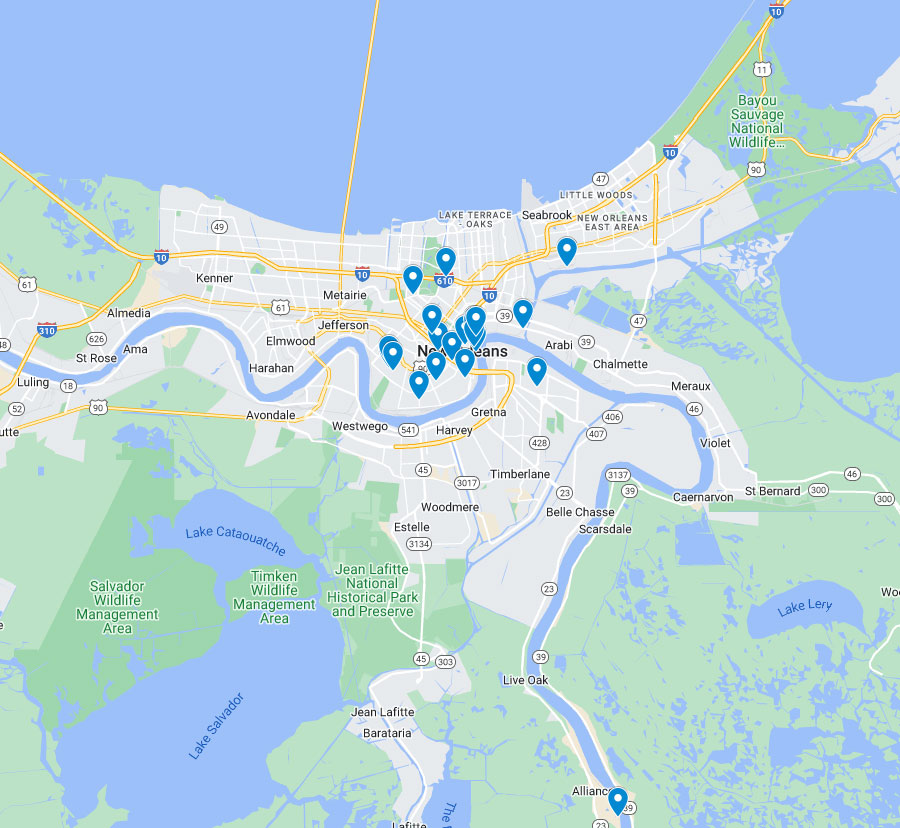
Biography
Mikael Omstedt is a doctoral candidate in the Department of Geography at the University of British Columbia. As an historical social scientist, he has broad research interests in the geographies of money and finance, theories of uneven development, and the history of American capitalism. His research is supported by funding from multiple sources, including the Social Sciences and Humanities Research Council of Canada, the Sweden-America Foundation, and Yale University’s Fox International Fellowship. He has been published in journals such as Antipode, Environment & Planning A, and Geoforum, and his previous work on the politics of municipal bond rating was recently cited in the U.S. House of Representatives as evidence for the reproduction of racial and socio-economic inequalities in the municipal bond market.
Research
Mikael Omstedt’s dissertation research draws on insights from geographical political economy, historical sociology, and the history of American capitalism to examine the making of twentieth-century Southern capitalism as seen through the Federal Reserve System. Historicizing the relationship between uneven development and monetary politics over the “long” twentieth century, this research utilizes the multi-sited and multi-scalar nature of the Federal Reserve System—constituted by twelve regional Reserve Banks in addition to the Board of Governors in Washington D.C.—to interrogate the complex institutional structures, contested politics, and hard intellectual labor necessary for constructing and regulating a continent-spanning “national” economy in the face of ongoing processes of uneven development. This is a process in which the Federal Reserve is continually forced to negotiate the fraught contradiction between understanding the intricate spatial differences across the American economy while, nevertheless, needing to reduce this diversity to the indicators and predictors of a single macroeconomy. With particular focus on two Southern Reserve Banks—Atlanta and Dallas—and their articulations with two historically important staples commodities of the U.S. South—cotton and oil—the dissertation embeds the seemingly arcane workings of central banking in the changing social relations of American capitalism’s regional geographies.


